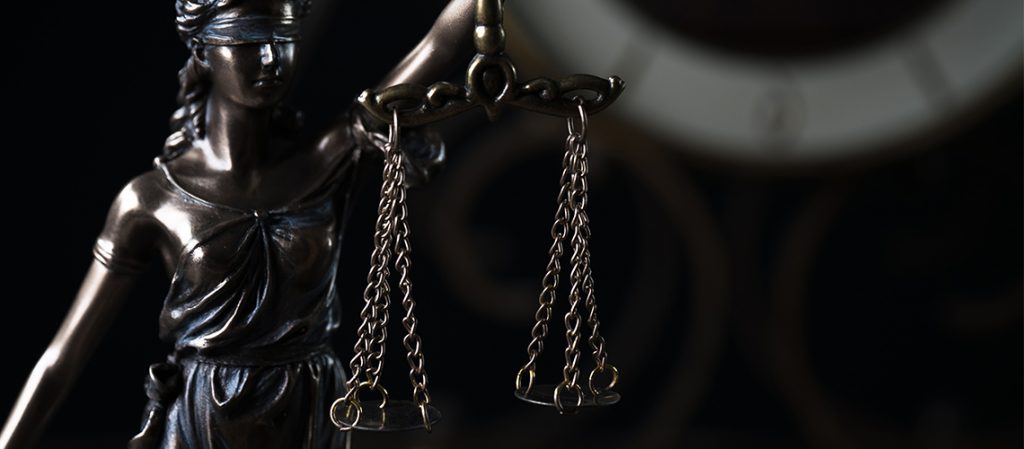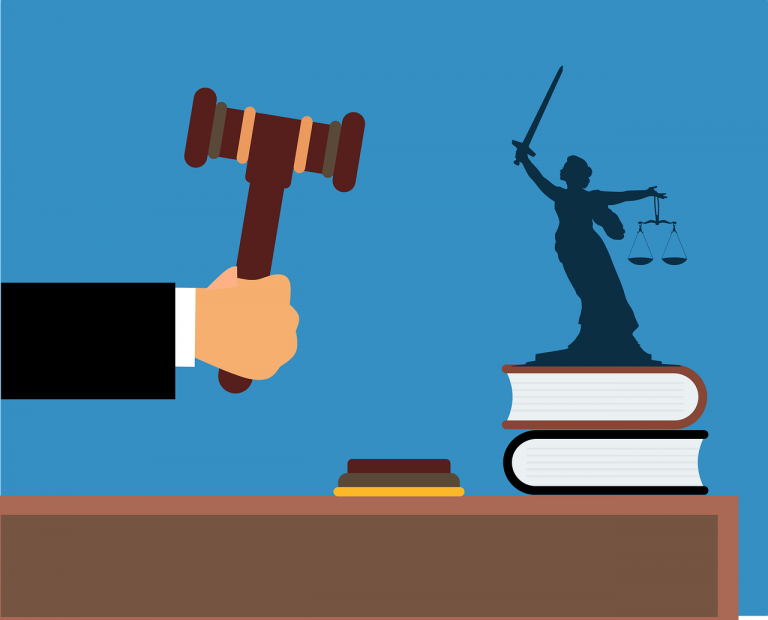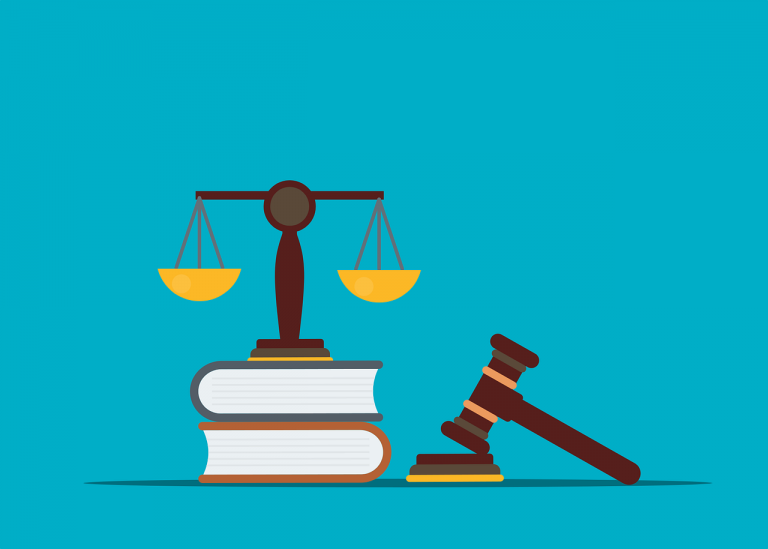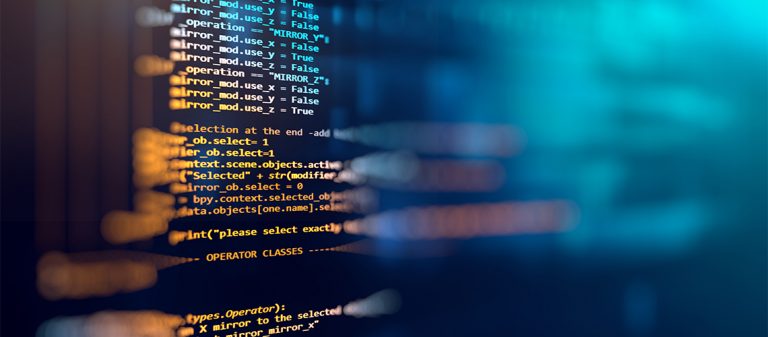On April 28 2015, way too early, Greg Lastowka died, a Cyberlaw professor at Rutgers who wrote many interesting works on Internet Law. In the early 2000s he was an attorney defending Hamadi in his case against Intel, a US Supreme Court landmark case on virtual property. Since 2003 he worked at Rutgers, where he was loved by staff and students.
He was the first (with Dan Hunter) to write on law and virtual worlds, already in May 2003 he uploaded the seminal The laws of the Virtual Worlds. In the Netherlands we felt as being topical when we worked with a group of 15-20 lawyers on legal aspects of virtual worlds (copyright, criminal law, contract law, freedom of speech, etc.) in January-April 2006. We were amazed by the thorough and timely paper by Greg and Dan, and all benefited from it.
Another great work is called Google’s Law, in 2007 Greg wrote:
“Google steers our thoughts and our learning online. It tells us what words mean, what things look like, where to buy things, and who and what is most important to us. Google’s control over results constitutes an awesome ability to set the course of human knowledge.
As this paper will explain, fortunes are won and lost based on Google’s results pages, including the fortunes of Google itself.”
This wonderful paper shows a deep understanding back then, in a time I still only cherished all the good things of Google opening an article with “Google is our best mate”.
His 2010 book Virtual Justice. The New Laws of Online Worlds is the standard work in the field. This book as well as the early paper were quoted in the, by my knowledge, only Supreme Court ruling on virtual theft (NL), from January 31 2012 on Runescape.
In 2013 he published Copyright Law and Video Games: A Brief History of an Interactive Medium:
“From the perspective of copyright law, the interactive nature of video games undermines the authorial control of the game creator, who does not created a single scripted experience, but instead designs an interactive system. This interactivity opens another copyright possibility: an authorial role for players.”
Above is only a brief overview of his work, already showing to some extent what Greg meant for the field of Cyber Law. Anyone not familiar with his work is encouraged to read whatever topic is relevant for her.
I do not believe there is any piece I have written on virtual worlds that did not include references to his work, most recently in a book with commentaries on Internet Case Law 2009-2015 for which I received the proof last May. We never met in person, but as scholars working on internet law topics physical spaces are not that essential. However, I had no doubt Greg would serve on the defense committee of a PhD thesis in preparation on Virtual property by Batu Kinikoglu (expected 2016). Too bad I am now sure he won’t.



